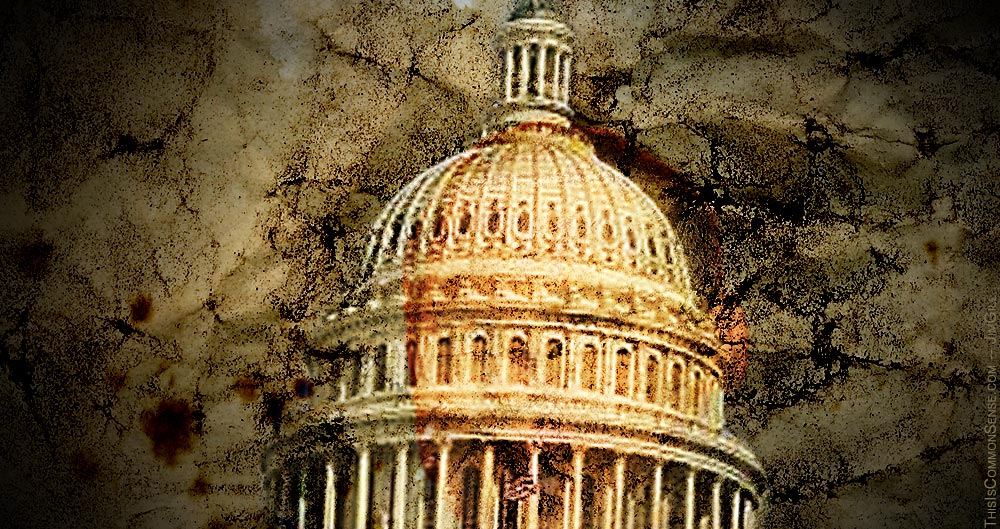“They’ve been burned. They’ve been hammered. They’ve been bludgeoned,” George Washington University law professor Miriam Galston explained to the Washington Post. “They’re trying to survive.”
In this heartbreaking discussion at this special time of year, the “they” are the poor, long-suffering folks … at the Internal Revenue Service.
According to the Post analysis, “conservatives” have schemed to “scale back the IRS and shrink the federal government.” (I guess this is supposed to tear at every American’s heartstrings.) Notably, they “capitalized on revelations in 2013 that IRS officials focused inappropriately on tea party and other conservative groups based … Among conservatives, the episode has come to be known as the ‘IRS targeting scandal.’”
Note that term of art: episode.
The Post saw no scandal, however — despite the IRS having admitted to harassing, blocking and delaying Tea Party and conservative groups from exercising their most fundamental First Amendment rights to freedom of association and freedom of speech, in some cases for four years.
Instead, the Post decries the response to this gross violation of citizens, a congressional check on the power — and budget — of the agency responsible: reducing the budget for the Exempt Organizations division of the IRS from $102 million in 2011 to $82 million in 2016.
Heavens, Washington is never supposed to work like that! It actually approaches … accountability.
The budget cuts, along with hefty settlements the IRS is now paying to victimized groups that sued, make it less likely the IRS will repeat this scandalous … episode.
“To many, the IRS targeting of Tea Party and conservative and even some progressive groups is not a scandal,” my Sunday Townhall.com column concluded. “To me, that’s the biggest scandal of all.”
This is Common Sense. I’m Paul Jacob.
N.B. The title reference is to Neil Young’s song, Burned, which begins, “Been burned, and with both feet on the ground …”











